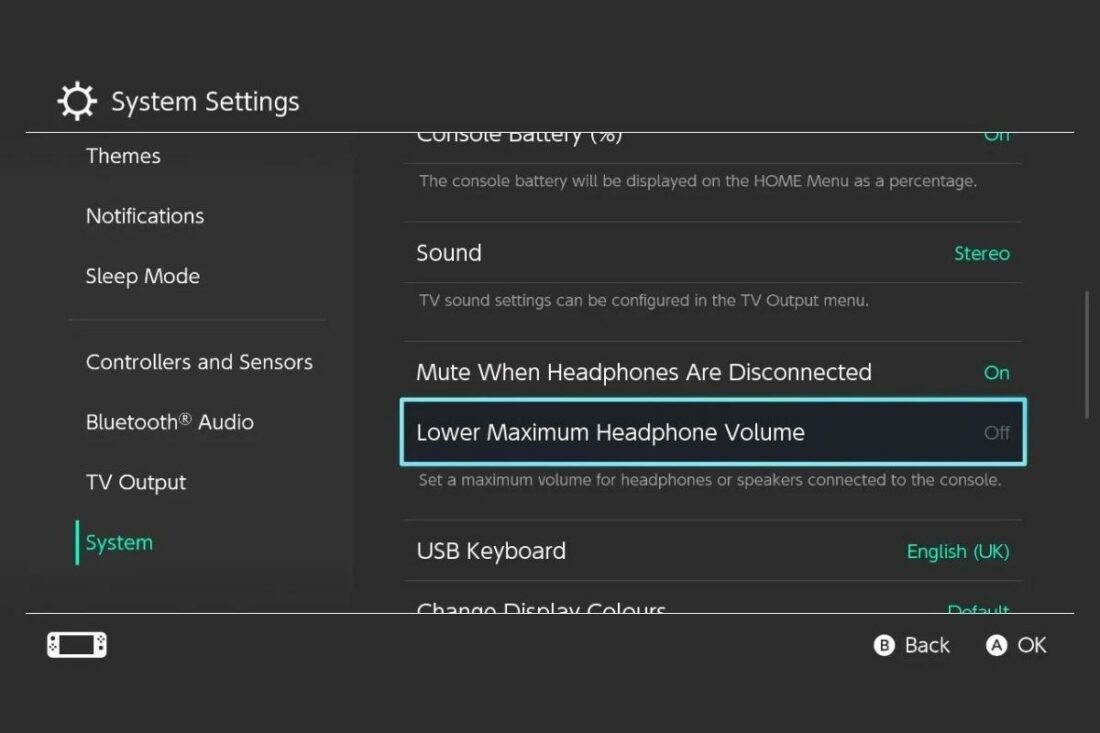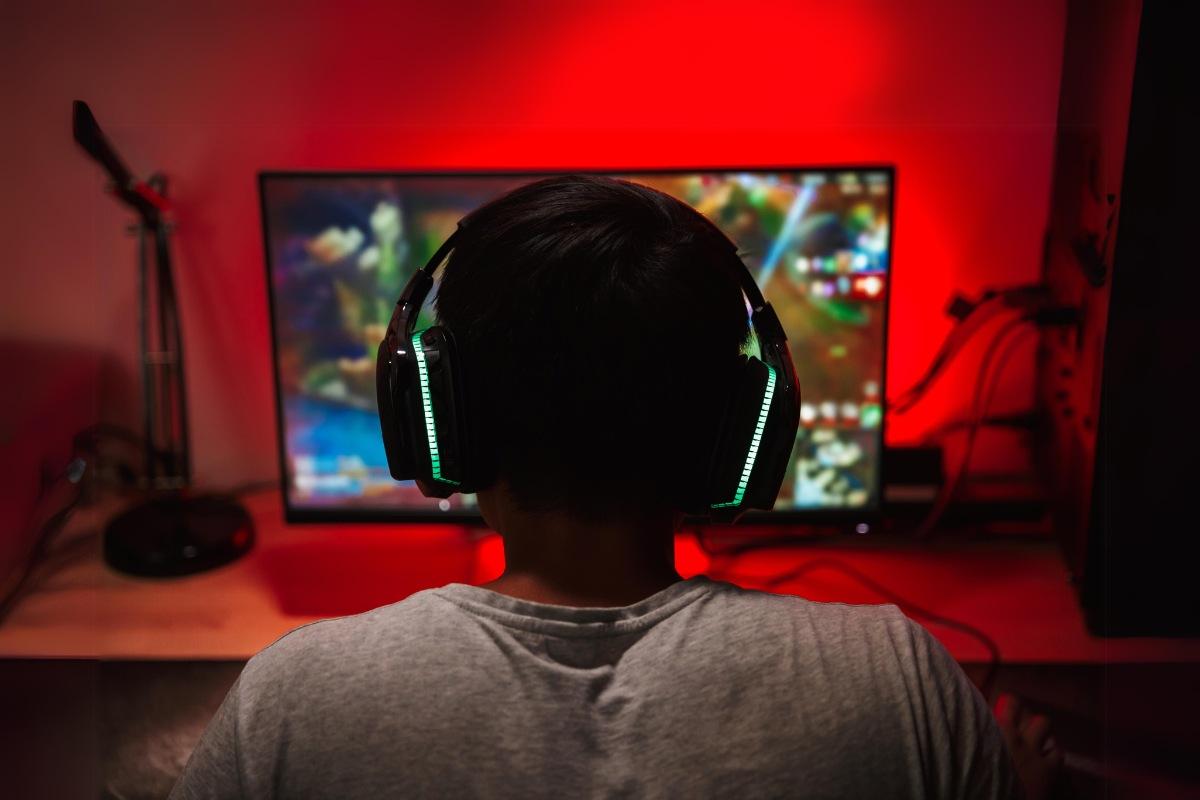Almost half of surveyed gamers reported tinnitus or hearing loss after playing video games.
A recent study published in BMJ Public Health has raised concerns about the potential risk of irreversible hearing loss and tinnitus among gamers.
This systematic review, which analyzed 14 studies involving over 50,000 individuals, found that prolonged exposure to high-volume sound levels while gaming could significantly contribute to hearing damage.
Loud Volume and Prolonged Exposure Are Found to Be the Main Culprit
Many of the reviewed studies indicate a connection between video gaming and hearing loss.
For instance, two South Korean studies linked gaming center use to severe tinnitus and high-frequency hearing loss in students. A large observational study also tied video gaming to the rise in self-reported hearing loss severity.
Another study shows that 42.9% of video game players reported ringing in their ears post-play, while 53.5% experienced ear fullness or fuzziness.
In the esports sector, these figures changed to 45.9% for tinnitus and 50% for fullness or fuzziness.

These instances are found to be related to high-intensity sound exposure from video games and unsafe listening practices.
For example, one of the reviewed studies found that the average headphone noise levels range from 88.5 to 91.2 decibels (dB) in shooting games. Impulse sounds, such as gunshots, reached up to 119 dB.
However, the World Health Organization’s guidelines state that adults can only be safely exposed to 80 dB for 40 hours a week. Plus, exposure above this threshold significantly decreases the safe exposure time.
Unfortunately, many individuals play video games for approximately 3 hours per week, often at high volumes exceeding the safe limit. This behavior suggests that numerous gamers may be exposing themselves to unsafe sound levels.
However, There Are Gaps in the Study
The authors acknowledge that more research should be done to cover this topic better due to the gaps in the current study.
For one, the variability in the studies makes it difficult to directly link gaming with hearing loss or tinnitus. While some studies found clear links, others did not, reflecting the need for further research.
Some of the studies reviewed also date back to the 1990s. This indicates a gap in research relevant to modern gaming environments.
Despite these research gaps, the limited evidence suggests that gaming may be a common source of unsafe listening. This has led to calls for specific measures, such as education programs, to promote safe listening among gamers.
The Gaming Industry’s Stance on the Issue
The gaming industry body Ukie has addressed the concerns raised by the study on the risk of irreversible hearing loss and tinnitus for gamers using headphones.

Ukie emphasizes the importance of using headphones at safe levels. They continue to encourage responsible gaming practices, including moderating the volume to safe levels.
Another study interviewed various individuals from the gaming industry. This interview revealed that the gaming industry recognizes the importance of promoting safe listening practices.
There is an understanding that educating gamers should be a priority. This is believed to have a long-term positive impact on their hearing health.
They also suggested equipping the gaming software and headphones with safe listening features. These include volume limits as well as warnings when the volume becomes too loud.

Yet, there are technical challenges in implementing these features, especially considering the variability of gaming and sound devices used by gamers.
Tips to Protect Your Hearing While Gaming
The Royal National Institute for Deaf People suggests different ways to avoid hearing damage when gaming. This includes:
- Volume Control: Keeping your headphones’ volume at or below 60% is advisable. If you’re unsure how loud your headphones are, you can check our article on the six ways to know if your headphones are too loud.
- Regular Breaks: Taking a break every hour can give your ears the necessary rest.
- Use of Noise-Cancelling Headphones: In noisy environments, these can help you avoid needing to turn up the volume to drown out ambient noise.
